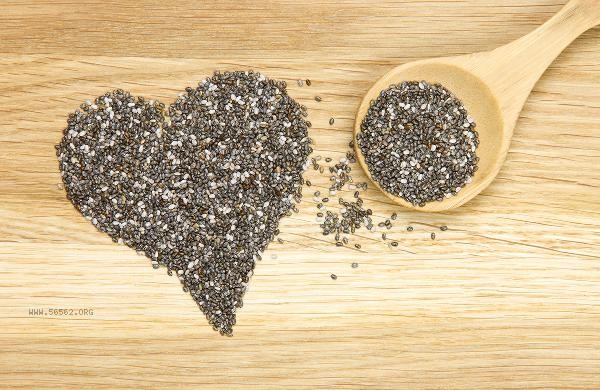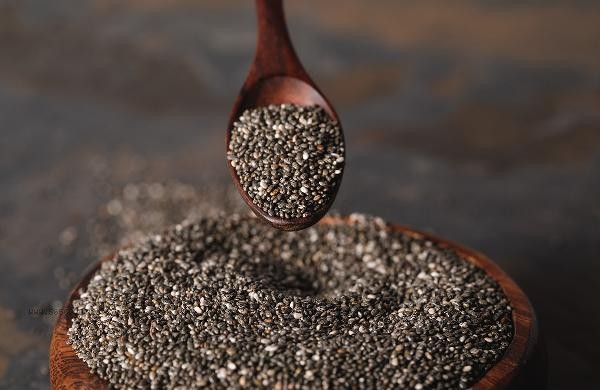Seaweed generally does not need to be soaked in advance, and can be directly cooked to retain more nutrients and freshness. Seaweed has a thin and brittle texture and is easily softened when exposed to water. Prolonged soaking may result in loss of freshness and partial dissolution of water-soluble nutrients. Seaweed is a type of seaweed food that is rich in minerals such as iodine, calcium, and iron, as well as active ingredients such as phycobiliproteins and polysaccharides. These nutrients, especially iodine and some B vitamins, may begin to be lost after soaking in cold water for more than ten minutes. Dried seaweed has been processed to remove most of the salt and impurities, and surface dust can be removed by simply rinsing before cooking. When making laver Egg&vegetable soup or salad laver, directly put it into boiling water and boil it for a few seconds or quickly rinse it with cold water and drain it, which can not only maintain the crisp taste, but also reduce the nutrient loss. Some thick wild seaweed or unprocessed crude seaweed may contain sand particles, which can be quickly rinsed with cold water for 2-3 seconds. If it needs to be used for rice dumplings or sushi, laver can be fumigated on steam for 5 seconds to soften it, so as to avoid cracking caused by direct immersion. The ready to eat roasted seaweed sold in the market has undergone dehydration and sterilization treatment, and direct consumption is more conducive to preserving its unique crispy texture and umami substances.

It is recommended to control the single intake of seaweed in daily consumption to 3-5 grams of dry weight. Individuals with thyroid dysfunction should adjust their intake according to medical advice. Seaweed should be stored in a cool and dry place to avoid moisture, and consumed as soon as possible after opening to ensure flavor. Pairing with ingredients rich in vitamin C, such as tomatoes and lemons, can increase the absorption rate of iron, but it is not advisable to eat with high tannic acid foods such as persimmons to avoid affecting protein digestion.











Comments (0)
Leave a Comment
No comments yet
Be the first to share your thoughts!